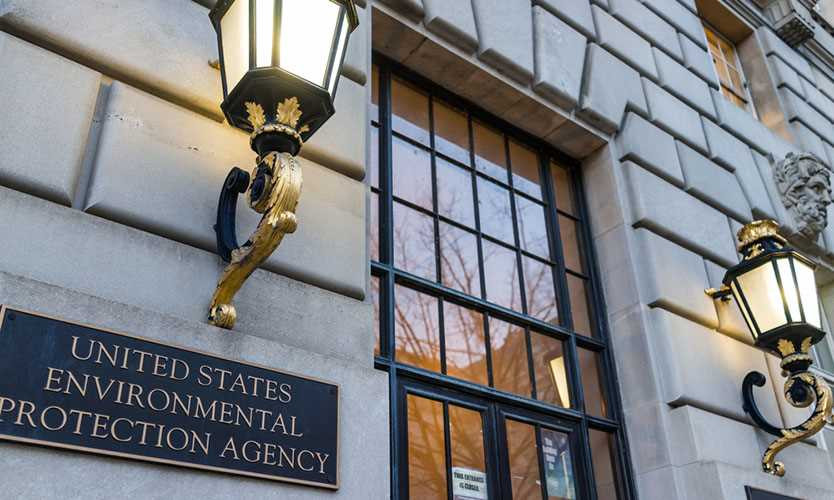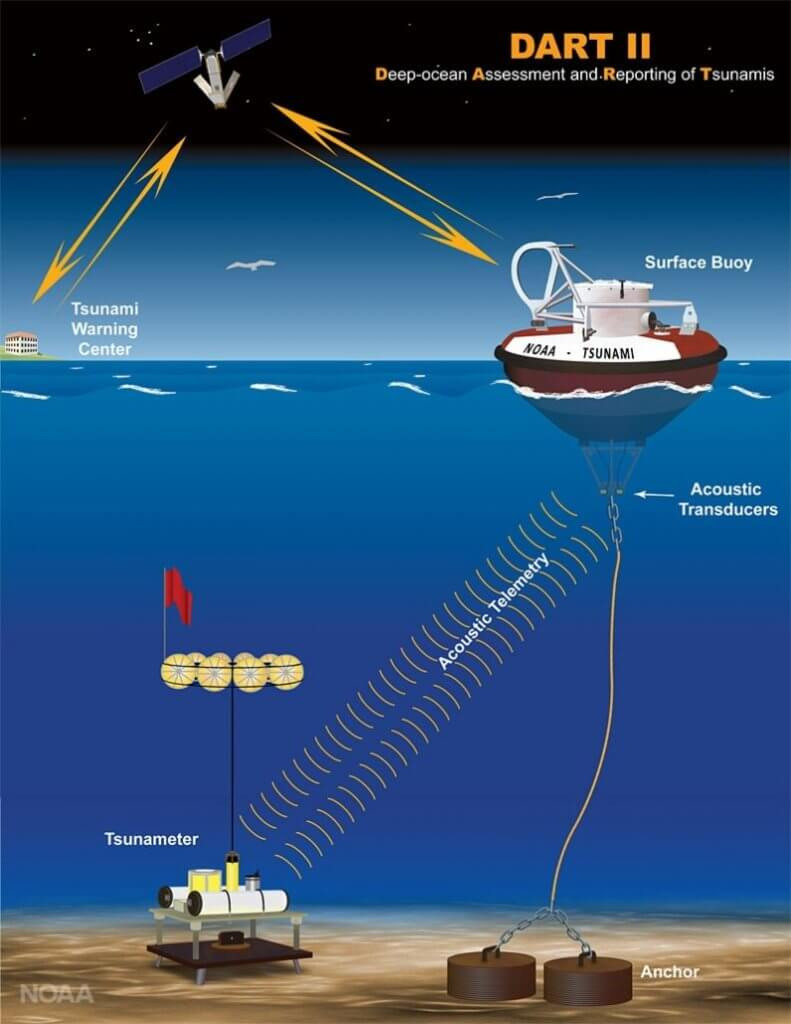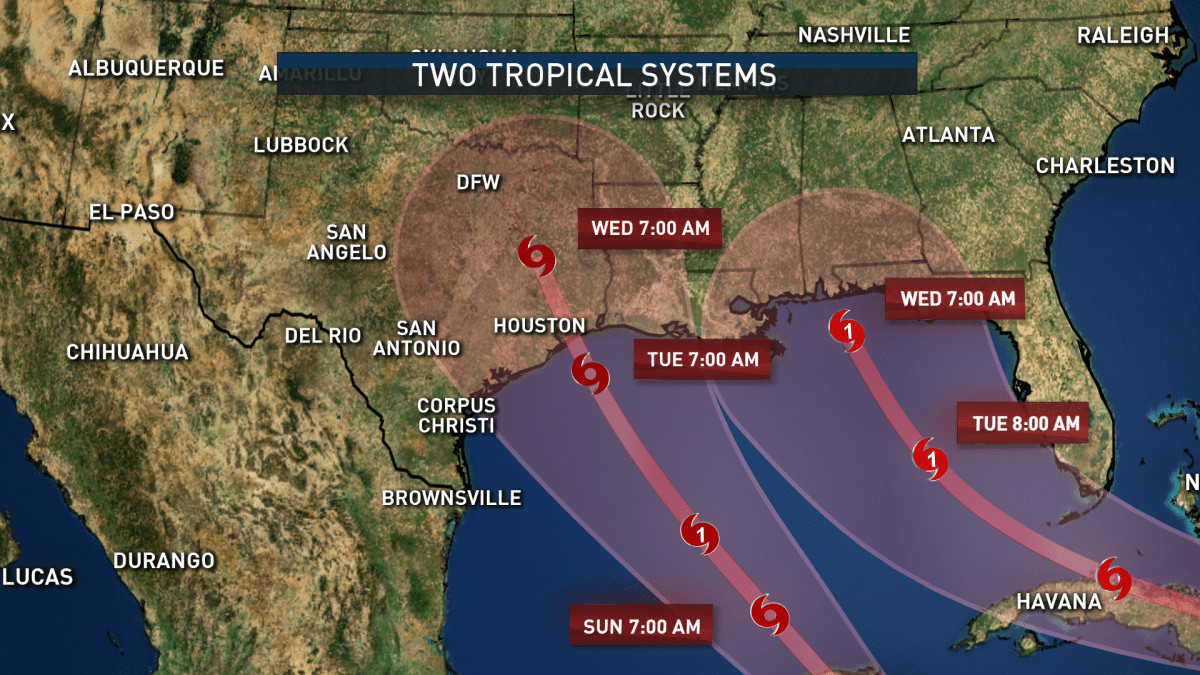The US Environmental Protection Agency has issued an emergency suspension of the common weedkiller DCPA, also known as Dacthal, it said Tuesday, the first time the agency has used its emergency suspension authority in 40 years.
Dacthal is used to control weeds in agricultural and non-agricultural settings, the EPA says. It’s commonly applied to grasses, artificial turf, crops including strawberries, cotton and field beans and vegetables such as broccoli, Brussels sprouts, cabbage and onions.
The agency cited “serious risks” to unborn babies of pregnant women who are exposed to the chemical including living in or around areas where Dacthal has been used. Some pregnant people who handle DCPA products could be exposed to levels that are four to 20 times higher than what the EPA considers safe for unborn babies.
Although product labels advise restricted entry into fields for 12 hours after application, there is evidence that DCPA levels may remain unsafe for 25 days or more, the agency said.
“DCPA is so dangerous that it needs to be removed from the market immediately,” Michal Freedhoff, assistant administrator for the agency’s Office of Chemical Safety and Pollution Prevention, said in a news release. “It’s EPA’s job to protect people from exposure to dangerous chemicals. In this case, pregnant women who may never even know they were exposed could give birth to babies that experience irreversible lifelong health problems.”
The EPA's Decision: A Historic Move
The EPA’s decision to ban Dacthal is a significant one, marking the first time the agency has used its emergency suspension authority in 40 years. The last emergency ban of this kind was of the pesticide ethylene dibromide, or EDB, in 1983.
This move reflects the EPA’s increasing concern about the potential health risks of pesticides, particularly to vulnerable populations like pregnant women and children. The agency has been under pressure from environmental groups and farmworker advocates to take action on Dacthal, and this emergency ban is a clear signal that the EPA is taking those concerns seriously.
Concerns About Dacthal: A Decade of Back and Forth
Issues with Dacthal were flagged in 2013 after the EPA called on AMVAC Chemical Corp. – the sole producer of Dacthal – to submit evidence supporting its continued registration for human use. Much of the research submitted was deemed insufficient, and key studies, including those on thyroid effects, were missing. Despite AMVAC’s later compliance and voluntary cancellation of Dacthal on artificial turf, the EPA found the risks “unacceptable” and changes the company proposed as “not adequately addressing the serious health risks for people who work with and around DCPA.”
In September, the EPA suspended the product after AMVAC failed to submit data to support its continued registration. In April, the agency further warned farmworkers, specifically pregnant women, about risks of Dacthal.
A Clear Message: Protecting Vulnerable Populations
The EPA's decision to ban Dacthal is a strong statement about the agency's commitment to protecting public health, especially the health of vulnerable populations. The ban highlights the EPA's willingness to take swift action to address potential risks, even when those risks are not fully understood. It also sends a message to chemical manufacturers that they need to be more transparent and accountable for the safety of their products.
The ban is likely to have a significant impact on the agricultural industry. Dacthal has been a popular weedkiller for decades, and its removal from the market will require farmers to find alternative methods of weed control. However, the EPA has made it clear that the health of people, particularly pregnant women and children, is its top priority. This decision underscores the agency’s commitment to ensuring that the chemicals used in agriculture are safe for both the environment and human health.
Looking Ahead: The Future of Pesticide Regulation
The EPA’s decision to ban Dacthal is a significant development in the ongoing debate over pesticide regulation. It is a sign that the agency is taking the issue of pesticide safety more seriously than ever before. The ban is likely to set a precedent for other pesticides that may pose risks to human health, particularly to vulnerable populations. The future of pesticide regulation is likely to be shaped by the EPA's continued commitment to protecting public health and its willingness to take action when necessary.
It remains to be seen whether the EPA will take similar action against other pesticides in the future. However, the ban on Dacthal is a sign that the agency is taking the issue of pesticide safety more seriously than ever before. The EPA's commitment to protecting public health is a crucial step towards ensuring a safer future for all.
A Historic Moment for Farmworker Advocacy
The EPA's decision to ban Dacthal is a major victory for farmworker advocates who have long warned about the dangers of the chemical. They have been pushing for the EPA to take action on Dacthal for years, and the agency's decision to issue an emergency ban is a testament to their tireless advocacy. Mily Treviño Sauceda, executive director of Alianza Nacional de Campesinas, the National Farmworkers Women’s Alliance, said in the EPA’s news release that the organization is pleased about the “historic decision.”
“As an organization led by farmworker women, we know intimately the harm that pesticides, including dimethyl tetrachloroterephthalate (DCPA or Dacthal), can inflict on our bodies and communities. This emergency decision is a great first step that we hope will be in a series of others that are based on listening to farmworkers, protecting our reproductive health, and safeguarding our families.”
The ban on Dacthal is a sign that the EPA is listening to the concerns of farmworker advocates and taking their health seriously. It is also a reminder that the fight for pesticide safety is far from over.
The Path Forward: A Call to Action
The EPA’s decision to ban Dacthal is a critical step in protecting the health of pregnant women and their unborn children. It is a call to action for all of us to be more aware of the risks of pesticides and to demand that the EPA take a stronger stance on protecting public health. The future of pesticide regulation depends on our continued vigilance and advocacy.

















